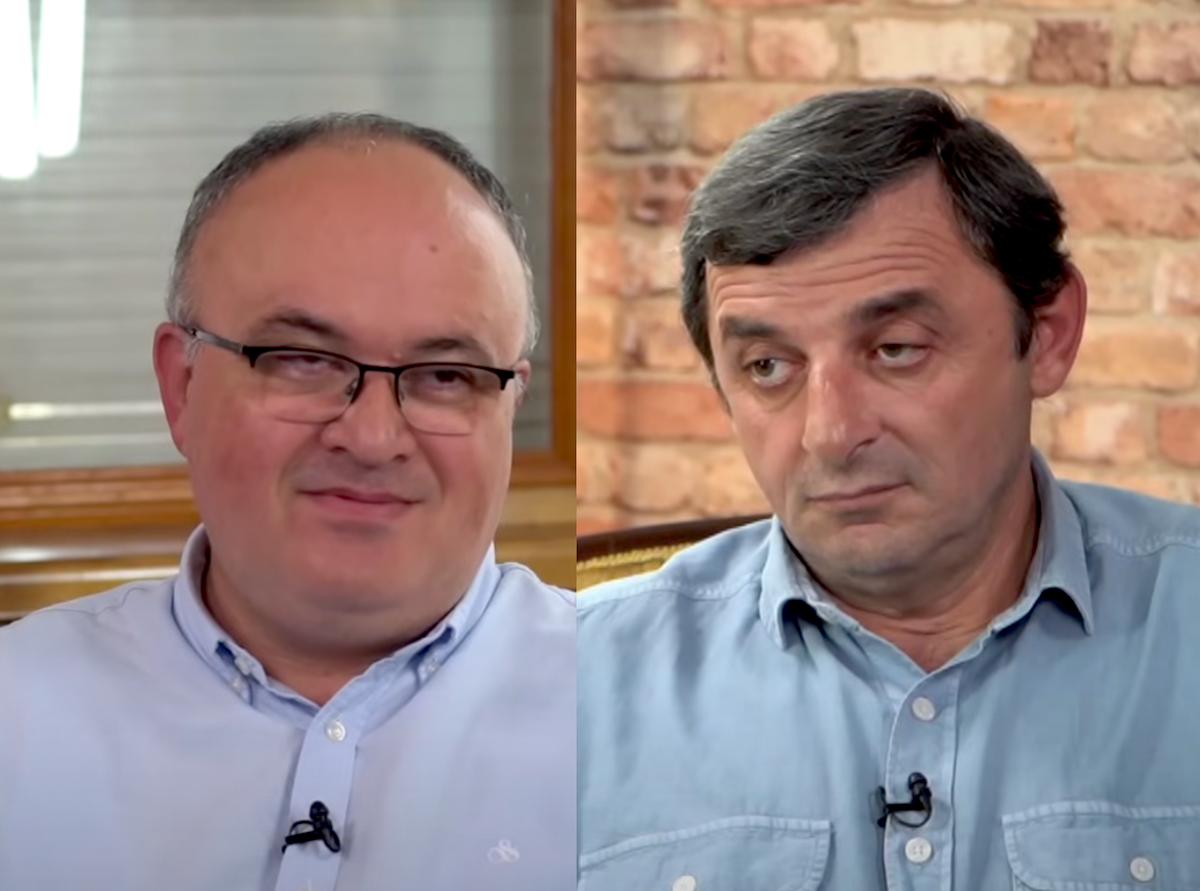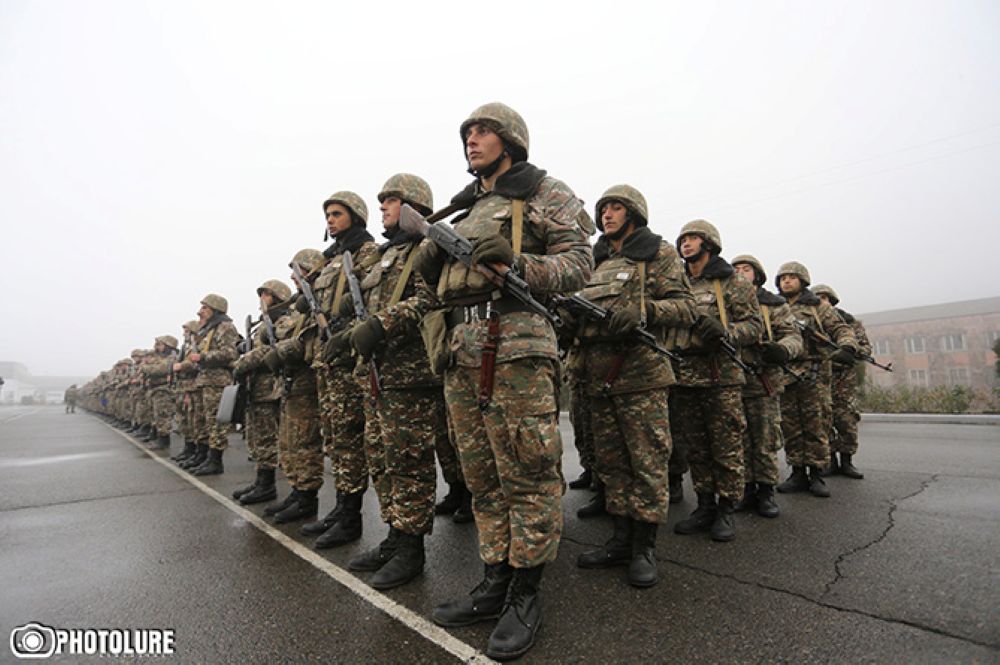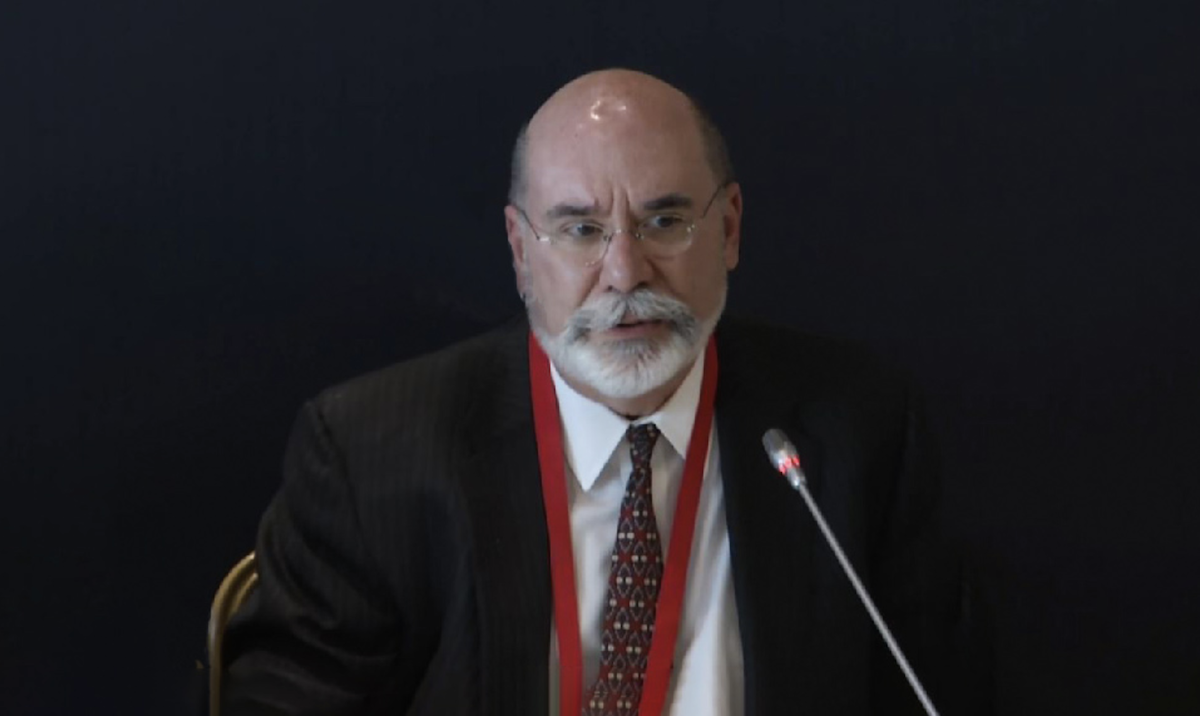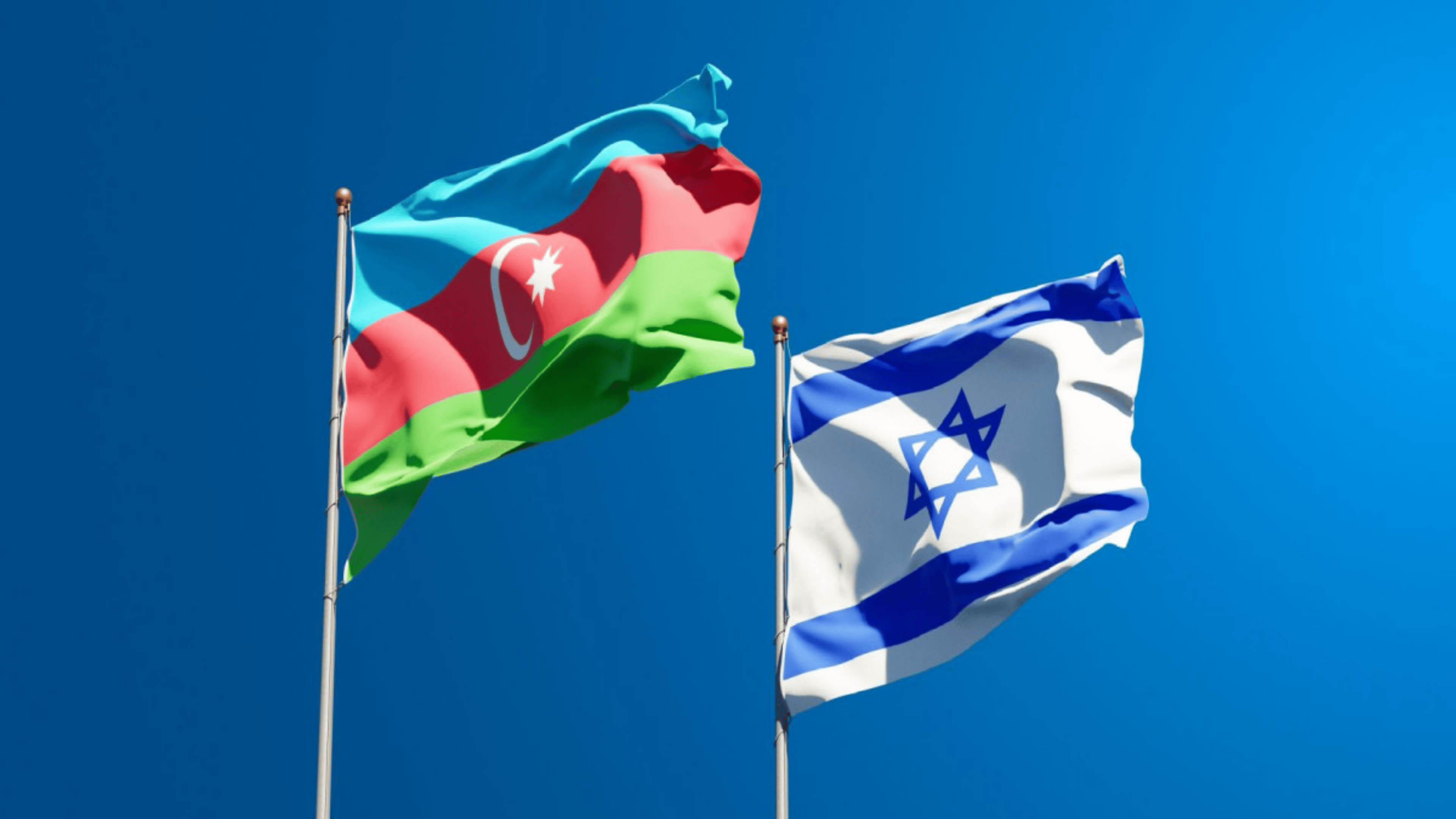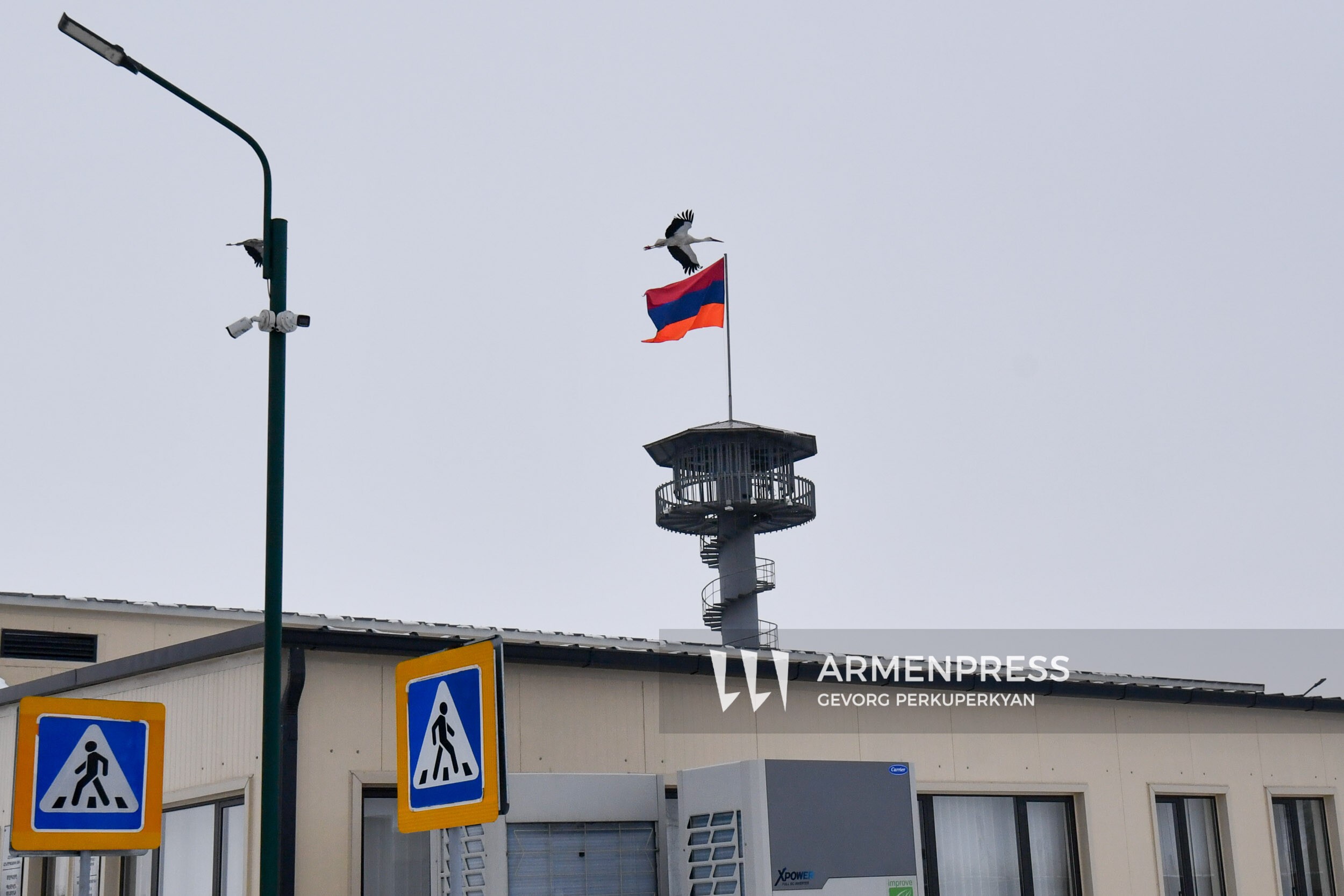Exploiting ideological division: Opinion on transfer of Pitsunda estate to Russia
Transfer of Pitsunda estate
Ratification by the Abkhazian parliament of the Russian-Abkhazian agreement on transfer of the state house in Pitsunda with 300 hectares of land and adjacent sea area into the ownership of Russia has become, perhaps, a new starting point in the modern history of Abkhazia. More precisely – a starting point for ideological division of internal political forces in the republic.
The way this decision was made – at a night session of parliament, as if the republic were on the brink of war – is an indicator of its outright defectiveness.
The transfer will never be a source of pride for Abkhazian President Aslan Bzhania who lobbied for it, nor for deputies who legally formalized the agreement. Neither their children nor grandchildren (if they are not aware of it yet) will boast of their involvement in this episode of Abkhazian history.
- Abkhazia to transfer more than 180 hectares in the best resort of Pitsunda to Russia
- “Night of surrender of sovereignty of the Republic of Abkhazia”. Opinion on transfer of Pitsunda estate to Russia
- “This is illegal and invalid” – EU representation and ambassadors on Pitsunda transfer
However, for Aslan Bzhania, the very fact of the adoption of this act is very important. It’s possible that after the deputies ratified the agreement, he uncorked a bottle of champagne and raised a toast to his own health. For now Bzhania is almost an autocrat, and all branches of power, including the main legislative body, are actually departments of his administration.
Now Bzhania can drive through the parliament any unpopular law he wishes. First of all – the law on apartments that allows Russians to purchase residential real estate in Abkhazia, the law on admission of large Russian business to the energy sector, the law on foreign agents and other legislative acts lobbied by Moscow.
Apparently, Bzhania expects to gain the unconditional support of the Kremlin, positioning himself as the only loyal and reliable partner of Russia in Abkhazia. Now he will present himself as the most pro-Russian Abkhazian politician.
Another bonus that strengthens the president’s power is a split opposition.
Part of the opposition organizations (let’s call them moderate) was satisfied with the amendments to the agreement, which in reality have no application due to their legal nullity.
And the moderate part of the opposition clearly realizes this nullity. But, apparently, it decided to sacrifice the estate, which is associated with the name of Vladimir Putin, in order to confirm loyalty to his person and, without irritating Moscow, to compete with Aslan Bzhania in the further struggle for power.
The dissenting part of the opposition occupied the niche of radicals. And it is they who will now be associated with the future project of a sovereign Abkhazia.
Perhaps Bzhania does not realize it now, but it is this part of the opposition that he should fear most of all. After all, with the resource benefits that the image of “the first friend of the Kremlin” gives, ideologically this position looks very shaky.
First, Moscow understands perfectly well that there are no political forces in Abkhazia that are unfriendly to it.
Second, and this is perhaps the most important thing – if the center of further promotion of ideas of independence becomes not the president, who is the guarantor of the Constitution of Abkhazia, but an exclusively different political actor, it means for the president himself a blow to his further legitimacy in the eyes of society with all the ensuing consequences.
Terms, place names, opinions and ideas suggested by the author of the publication are her / his own and do not necessarily coincide with the opinions and ideas of JAMnews or its individual employees. JAMnews reserves the right to remove comments on posts that are deemed offensive, threatening, violent or otherwise ethically unacceptable.











